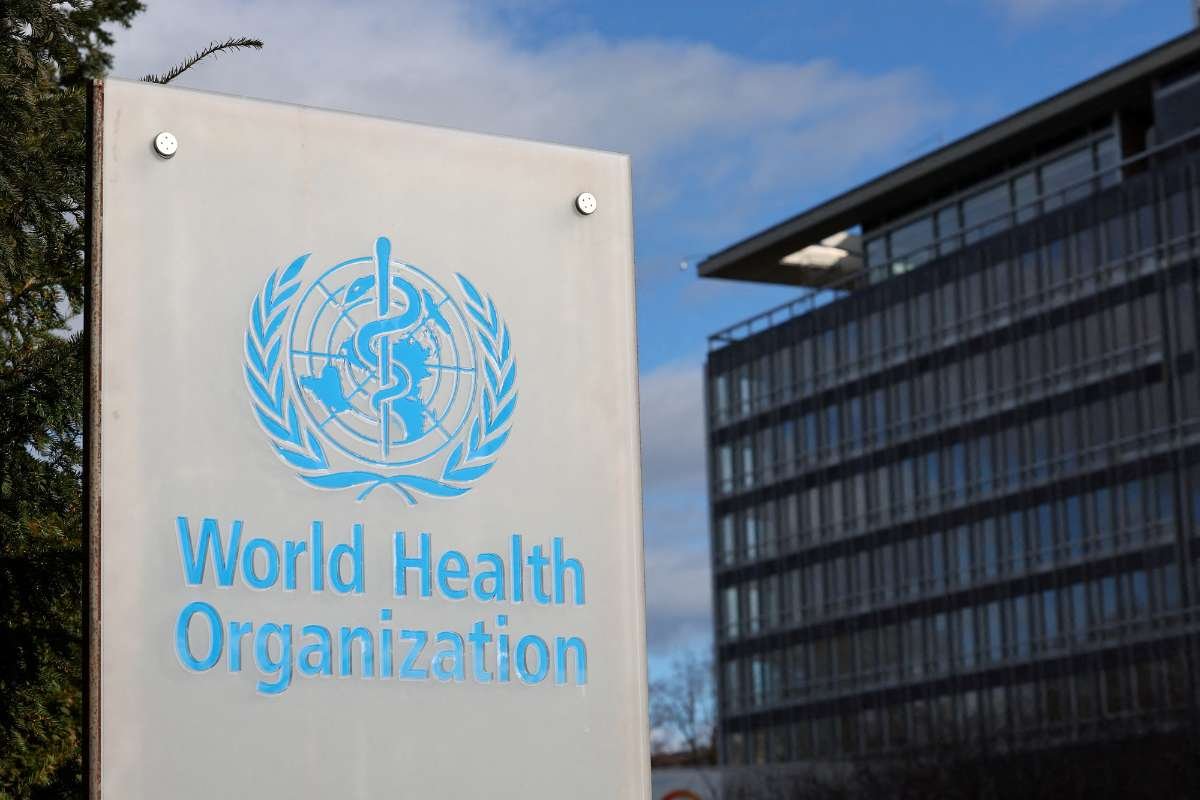Intermittent fasting, particularly time-restricted eating (TRE), has gained popularity for its purported short-term benefits, but a recent study suggests potential long-term risks that may outweigh its advantages. While celebrities like Jennifer Aniston and Hugh Jackman endorse time-restricted eating for weight control, new research from China highlights concerning associations with cardiovascular disease and early mortality.
The Practice of Time-Restricted Eating
Time-restricted eating involves limiting food intake to a narrow window of eight hours or less each day, followed by a fasting period of 16 hours or more. While some individuals adopt TRE under medical supervision for specific health reasons, many undertake it independently as a weight loss strategy without medical guidance.
According to epidemiologist Victor Zhong from Shanghai Jiao Tong University, the study found alarming connections between time-restricted eating and cardiovascular mortality, particularly among individuals with pre-existing health conditions like cancer and heart disease. Despite intermittent fasting being lauded for potential cardiovascular benefits, Zhong emphasizes the need to consider the broader dietary context.
Study Findings
The observational study analyzed data from over 20,000 US adults who participated in the National Health and Nutrition Examination Survey. Participants who restricted their eating window to eight hours or less faced a 91 percent higher risk of cardiovascular death. Similar trends were observed among those with heart disease or cancer. Surprisingly, for cancer patients, eating over a longer period of 16 hours or more was associated with a reduced risk of cancer-related mortality.
16:8 Fasting Linked to Heart Attack | Study Finds 91% Increased Risk
Cautious Interpretation Required
While these findings are concerning, Zhong stresses that they represent associations rather than causations. Although TRE was linked to cardiovascular mortality, further investigation is needed to understand the underlying mechanisms. Additionally, individuals with existing heart conditions or cancer should be informed about these associations to make informed dietary choices.
The study underscores the importance of a cautious and personalized approach to dietary recommendations, especially for individuals with underlying health issues. Aligning dietary practices with an individual’s health status and the latest scientific evidence is crucial. These findings were presented at the American Heart Association’s EPI|Lifestyle Scientific Sessions 2024.
As the popularity of intermittent fasting continues to rise, it’s essential to weigh the potential risks against the perceived benefits. While time-restricted eating may offer short-term advantages, individuals should prioritize overall health and well-being by considering the long-term implications of dietary practices.









